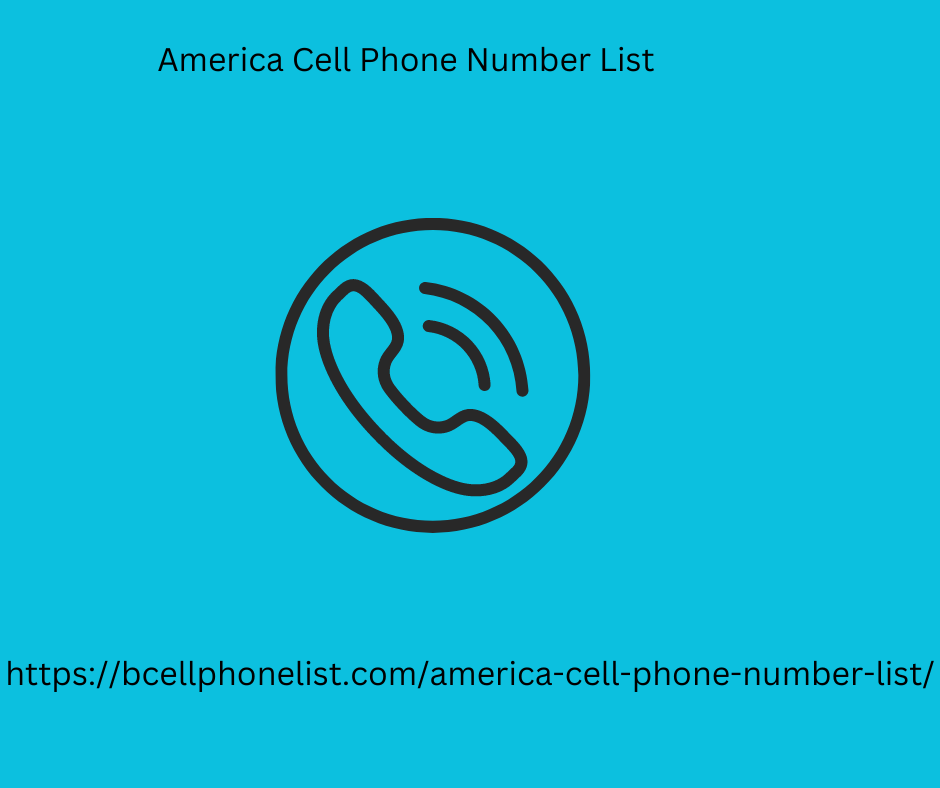|
|
When your users are across time zones or travel across time zones while using your system, expect everything to work smoothly. But it is not simple. Example: You have an employee in Phoenix who needs to write an email for his company in Los Angeles by : a.m. on Monday. Phoenix does not correspond to daylight hours; Los Angeles does. And what about recipients?
Should they receive the email on Monday at : AM in their respective time zone? Or will New York subscribers America Cell Phone Number List receive an email on Monday at am EST? How to display the time on your computer Operating System ( OS ) – Your operating system keeps track of time from a real-time clock ( RTC ). It adjusts the date format for your language and the time for your appropriate time zone, usually determined by your device's location.

Date Formats – There are several common date formats, including: Gregorian calendar (YYYY-MM-DD), e.g. -- United States style date (MM/DD/YYYY), e.g. // European-style date (DD/MM/YYYY), e.g. time zones – There are time zones in the world, each degrees of longitude apart. Time zones divide the world into regions with the same standard time so that people in each time zone have a common time for their daily activities. Daylight Saving Time – In areas with daylight saving time, clocks are moved forward one hour in the spring and back one hour in the fall.
|
|